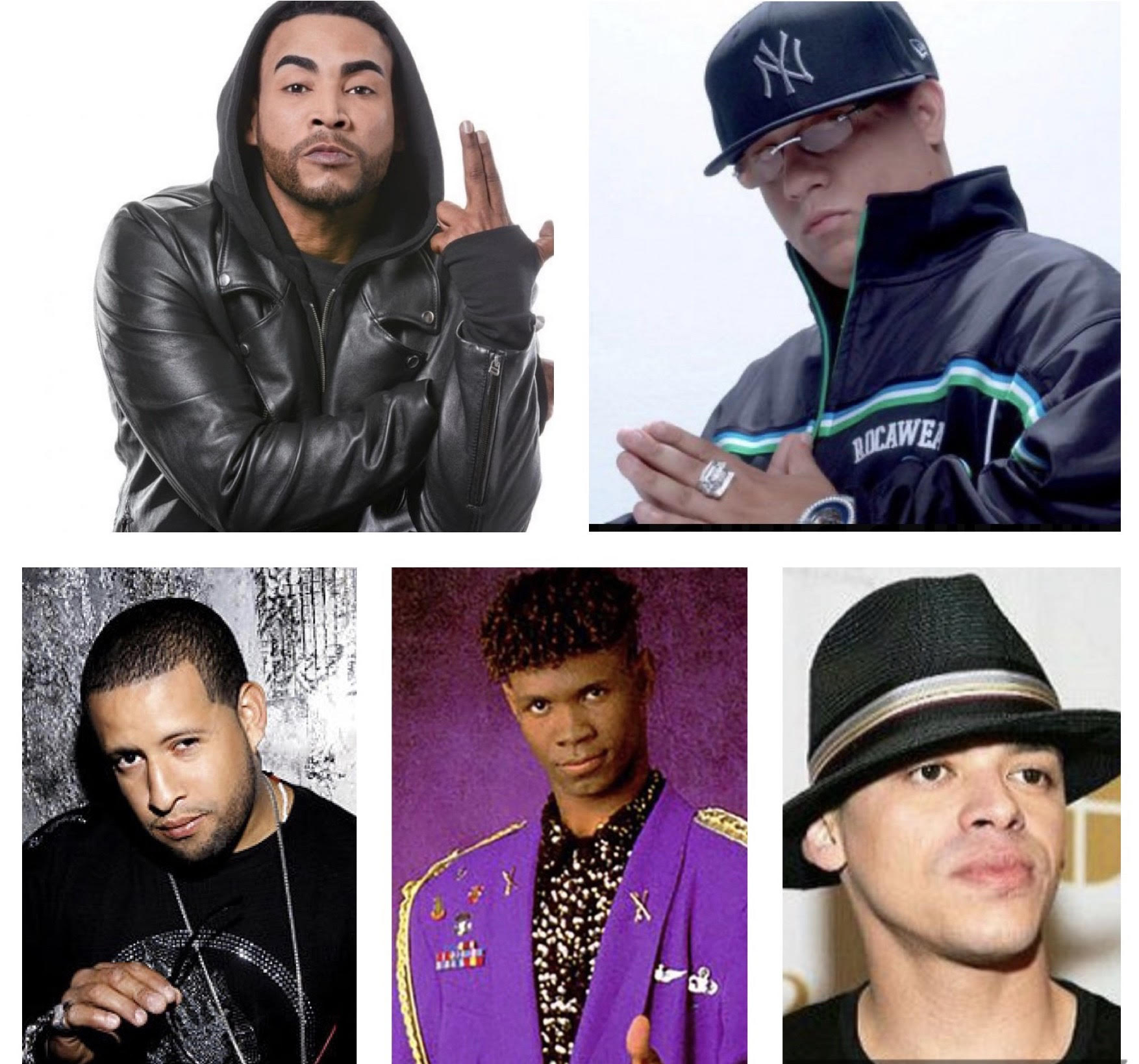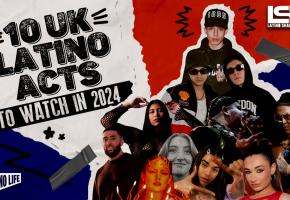COVID-19 measures have certainly changed our day-to-day lives and that includes the way people worship. With a Saint-Peter’s square left deserted over the largest catholic holiday, this year’s Easter week has gone down in history as the first vigil mass to be live-streamed by the Pope of the Catholic Church.
While Christians around the world congregated from the safety of their homes to celebrate Easter Sunday, we had a look at some of the artists who retired from Reggaeton's once known violent fulled lyrics, to dedicate their life (and music) to their Christian faith:
Don Omar: Before being crowned El Rey, the King of Kings, William Omar Landrón was surprisingly enough a Pastor and active member of the protestant church during his teen years. Although the days of his mega-hits such as Dale Don Dale and Danza Kuduro seem long gone, Don Omar announced his retirement in September 2017 after a 15-year musical career. Since then, he has left behind the controversial lyrics to sing urban gospel and Christian music. Although he returned to music in 2018 with his song Ramayana ft Farruko, his golden days of club anthems such as Sexy Robotica and Virtual Diva are sadly over.
Hector El Father: One of the groundbreaking artists of reggaeton, Héctor Delgado Román formerly known as Hector “El Father” and Hector “El Bambino”, rose to fame as a member of the famous Puerto Rican duo Héctor & Tito (“Los Bambinos”) in the late ’90s. And while Baila Morena, Felina, Amor de Colegio, will forever go down in history as clasicos del reggaeton, in 2004 the duo announced their split. Four years later Hector “El Father” retired to pursue a religious career, obtaining a degree in Theology at the Southern Methodist University. He now dedicates his life to preaching the Christian faith in his homeland of Puerto Rico and has a Christian radio show named Un Nuevo Despertar (Spanish for A New Awakening) alongside fellow retired artist Julio Voltio.
Julio Voltio: Julio Irving Ramos Filomeno, once known as Julio Voltio, began his musical career in 1994. Together with Hector “El Father”, they influenced the reggaeton movement in its early days. Some of his most famous hits include Chulín Culín Chunflai ft. Residente Calle 13 and Chevere (ft. Notch). In 2014, Voltio announced publicly his decision to leave behind reggaeton and convert to Christianity. Defined now as a born-again Christian, this 42-year old Puerto Rican went from having a longtime feud with Hector El Father, to now co-hosting a Christian radio show with his ex-rival.
Vico C: Considered by many as the founder and Godfather of Latin hip hop, Luis Armando Lozada Cruz also known as Vico C, was one of the first Spanish rappers in Latin America. He began his professional career in 1985 by showing the world it was also possible to rap in Spanish, with the odd one or two English slang words here and there. After suffering a severe motorcycle accident in 1990 which consequently led to drug and alcohol abuse, he became an evangelical Christian and went into semi-retirement. In 1998, he made a come back with a Christian rap CD Aquel Que Había Muerto Although he has never officially retired from the urban industry, he has tried to maintain a Christian theme throughout his music.
El General: Tracing reggaeton back to its early beginnings and you’re bound to stumble across this name right here; Edgardo Armando Franco. Better known as El General, this Panamanian artist is considered the “Father of reggaeton”. During the early 1990s, he was one of the first artists to fuse reggae music with a new hybrid of Spanish-dancehall; the dembow rhythm. Some of his greatest hits include "Te Ves Buena", "Tu Pun Pun”, “Rica y apretadita” and “Muevelo”. After 17 years of musical career, in 2006 he announced his commitment to stay away from music in order to become a devout preacher for Jehovah's Witnesses. Born again, he now reflects on his once-upon-a-time sexually suggestive lyrics, deeming them as “Satanic”.
















